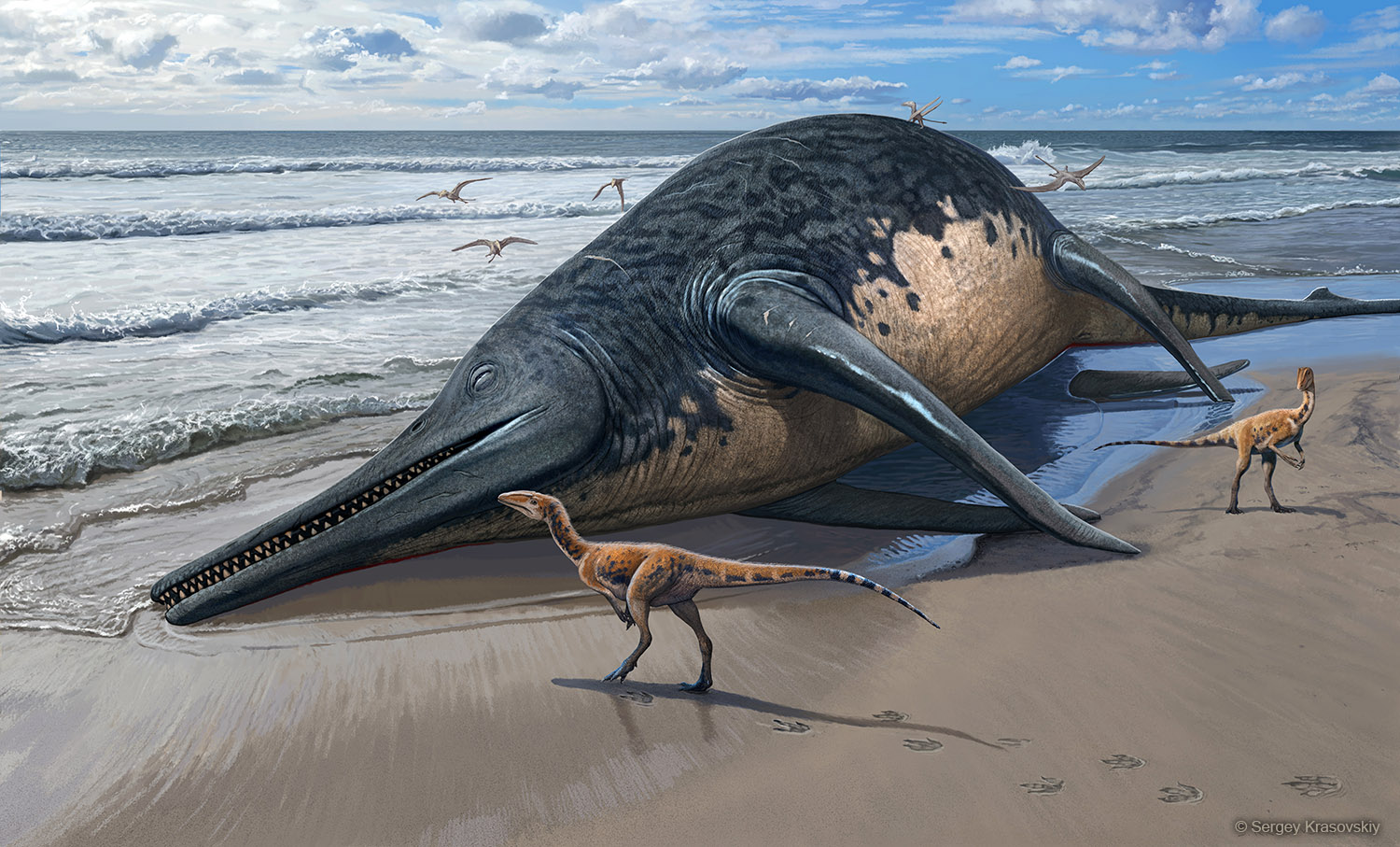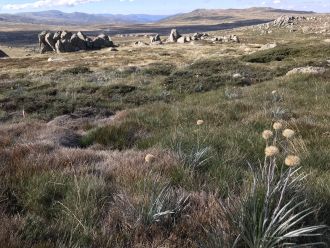-
Largest marine reptile may have been twice the length of a bus
PLOS ONE
International scientists have unearthed what may be the largest marine reptile ever to be described, Ichthyotitan severnensis, at an estimated 25 metres long. The team found and pieced together fragments of an ichthyosaur jawbone found in the UK, Read more about Largest marine reptile may have been twice the length of a bus
InternationalThe University of Manchester, UK -
Is medicinal cannabis in Australia 'the wild west of medicine'?
Drug & Alcohol Review
Australian experts interviewed 17 Aussie doctors about prescribing medicinal cannabis, and identified four factors that hinder the prescription of cannabis-based treatments. Barriers included: developing the clinical capabilities needed to prescribe, Read more about Is medicinal cannabis in Australia 'the wild west of medicine'?
Australia; VIC; QLDMonash University -
Sharing needles common among injecting drug users, even those treated for hep C
Drug & Alcohol Review
Australian experts say needle and syringe sharing is common among injecting drug users who attend drug treatment clinics and needle and syringe programs. They surveyed 1,555 Aussies who had injected drugs in the past month, and found 432 (28%) had Read more about Sharing needles common among injecting drug users, even those treated for hep C
Australia; NSWKirby Institute, UNSW Sydney|National Drug and Alcohol Research Centre (NDARC)... -
Most people experiencing homelessness have mental health disorders
JAMA Psychiatry
In a meta-analysis and systematic review, Canadian researchers say that most of the people experiencing homelessness have mental health disorders, with higher prevalences than those observed in the general community. The researchers say that not Read more about Most people experiencing homelessness have mental health disorders
InternationalUniversity of Calgary, Canada -
Genetic engineering could weed out the bad things in crops
Trends in Plant Science
Danish researchers say bioengineering crops to be colourful and have differently shaped leaves could make it easier to distinguish them from weeds, making them easier to cultivate. In an opinion piece, they say introducing pigments that are already Read more about Genetic engineering could weed out the bad things in crops
InternationalUniversity of Copenhagen, Denmark -
Genetic drivers of autism could be stronger for men
JAMA Psychiatry
The degree to which genetics influence autism could be different for males and females, according to international researchers. The team analysed data from a study including over one million Swedish children, of which 12,226 received a diagnosis of Read more about Genetic drivers of autism could be stronger for men
InternationalKarolinska Institutet, Sweden -
Laser and light hair removal effectively treats excess hair growth from polycystic ovary syndrome
JAMA Dermatology
Laser and light-based therapies are effective in reducing the severity of excess hair growth in women with polycystic ovary syndrome (PCOS), according to an Australian analysis of research. The team pooled together the results of six studies and Read more about Laser and light hair removal effectively treats excess hair growth from polycystic ovary syndrome
Australia; VICMonash University -
EXPERT REACTION: Climate change is set to drop the world's income by 19% and Australia will feel the pinch
Nature
Climate change is projected to reduce the income of the global economy by 19% by 2049, according to international scientists and Australia will be among the countries feeling the pinch. These economic damages are six times the costs of limiting Read more about EXPERT REACTION: Climate change is set to drop the world's income by 19% and Australia will feel the pinch
Australia; InternationalPotsdam Institute for Climate Impact Research, Germany -
Warming tundra's impact on carbon emissions revealed
Nature
A study published today in Nature shows the intricate relationship between climate change and carbon release in Arctic and alpine tundra ecosystems. The study, which analysed 136 datasets across 28 tundra sites, including the Silver Plains Reserve Read more about Warming tundra's impact on carbon emissions revealed
Australia; International; TASUniversity of Tasmania -
Instinct for 'fight or flight' may be much older than we thought
Nature
Our instinctive 'fight or flight' response to danger was thought to have evolved along with the sympathetic nervous system in backboned animals with a jaw, but US and Czech scientists say its origins may be much older than that. The sympathetic Read more about Instinct for 'fight or flight' may be much older than we thought
InternationalCalifornia Institute of Technology, USA, Goethe-Universität, Germany










































